Investigating potentially haunted places is lots of fun. ANN MASSEY gives us her Spooky Isles guide to starting your own paranormal team to join you on your ghost hunting adventures!
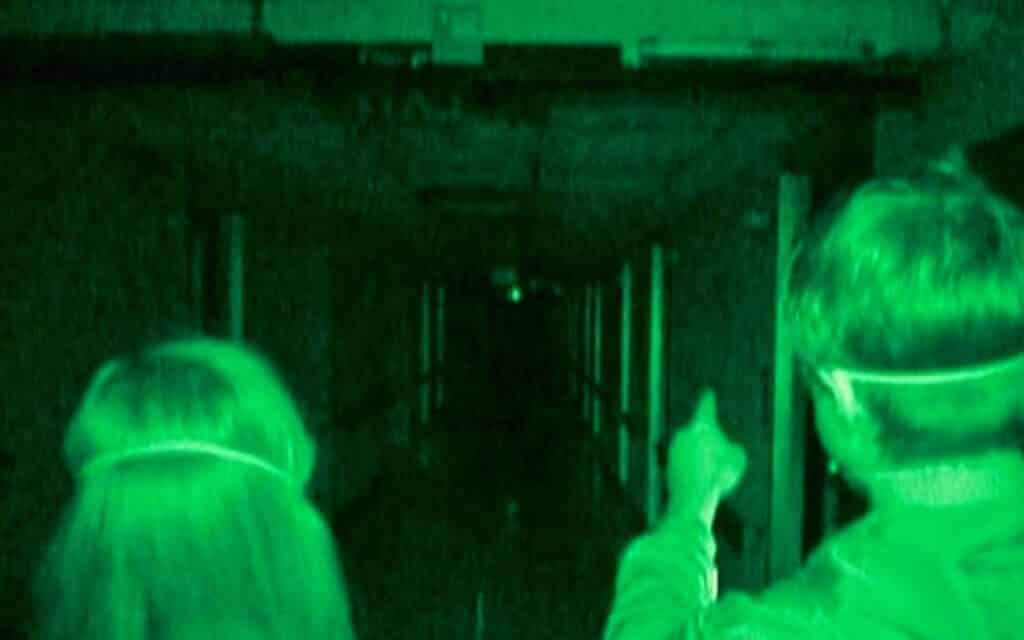
Why Are You Doing It?
The first thing you need to ask yourself is why you want to start a paranormal team. Is it because you have a love for the spooky? Do you intend on doing serious research into the field of the paranormal? Have you had your own experiences and want to help people? Do you want to be on TV and get YouTube hits? Do you see yourself running public nights and events? Do you see it as a career?
Whatever your reasons (and no one is judging you, there is a place for everyone!) be honest and pure about them. Don’t say you’re researching if all you will be doing is public events. Don’t say you’re not in it for likes and an audience when you spend all day promoting. This will affect your credibility and in a crammed field, your reputation is everything.
The truth is, most of us are very much middle ground with a bit of everything thrown in, so while your initial reasons must be solid, don’t pigeon-hole yourself entirely. If you plan on doing a bit of everything, be open from the start!
Who Will Make Up Your Team?
Perhaps you’ve been on a few public investigations and have met some like minded people. Maybe you are a few friends who decide to take your exploration to the next level. The big “don’t” here is to advertise for strangers to join a team straight away.
Even if there are just two of you, but you know each other, start there. Some of the most successful teams are just two or three people. Smaller often means it is easier getting access to locations too. You can build up your team from there, but you don’t want to be finding your way and getting to know your chosen field with getting to know new personalities.
While it’s great if you have people on board with audio, photographic, electrical or gadgetry expertise, it’s not essential. Passion and a willingness and ability to learn are the most important. What is key, is that you have a balance of grounding and enthusiasm. You won’t get too far if you all think every dust bunny is a paranormal orb!
Where Should You Investigate?
Do try and investigate some of the more prominent locations in a low-key way. It is a good starting point as your hosts have experience of working with teams and can help guide you find your way. You will also have a better idea of what you are looking for based on other team experiences.
Also try to join another more experienced team for one or two investigations. They can give you valuable insight and guidance. The important thing is not to go gung-ho into a big fancy new location without having the practice and experience under your belt. It would be a wasted opportunity. Save it for down the line when you have learned more and your team is more cohesive. It’s also important to remember that many of the more prominent locations will require some form of Indemnity Insurance.
Start locally and spiral out. Get to know your area better, visit that ruin or abandoned house up the road (without trespassing of course!) and really get stuck into learning how to get the best out of your new team and equipment.
What Equipment Should You Have As a Team?
If each of you had done some form of investigation before, you probably will each have your own bit of kit. Typically a K2 meter, an EVP recorder and perhaps one or two other items. Larger or more technical paranormal equipment is very expensive so you may decide to invest as a team.
Here is where you need to be careful. If you all chip in, who minds the piece of kit? If someone leaves the team do they get reimbursed for joint purchases? For each piece of kit brought in, have a definitive list of who’s what and labelling each piece with names and the name of your team is vital – particularly if you leave something behind somewhere or a team member says they can’t find their personal K2. It stops accusations and hostility.
For group purchases, make sure you have a document outlining each person’s input, who is minding the kit outside of investigations and what happens if a member decides to leave the team. Get each team member to sign it and give each of them a copy of the signed document.
Don’t go out and spend thousands on SLS cameras or state of the art thermal imagers if you are not sure how they work or have never used one. Some equipment like the SLS are extremely controversial and others like the thermal imager require a certain amount of background knowledge in order to get the most out of it and not misread findings. Borrow and try before you buy!
Don’t be spending all your cash on branded clothing and extras straight away. Use it for decent pieces of kit. The personalised hoodies can wait if you don’t have some of the more basic bits of equipment. That said, they do have their place as it can help with team bonding but don’t get carried away. As your confidence grows, you may find you discard the hoodie and just wear what you are comfortable in! You’ll notice that none of the big name TV teams wear “team clothing.” The main benefit for them is public events and working with a number of teams for identification purposes.
Roles Within the Team
It’s all very well and good saying you are all equal, but we know that’s not true. You need a ‘leader’ – someone to coordinate and oversee. Assign a kit handler, responsible for counting in and out all the equipment on an investigation.
Don’t assign any other roles unless you have proficient members already in a particular area such as a photographer. Wait and learn where strengths lie and then you can be more specific.
The most common areas of proficiency lie in photography, audio analysis, electrical expertise (and by that we mean a qualified electrician or someone who has studied!), historical and localised research, location scouting and social media/communications.
The last one may seem strange, but what you put out there isn’t just a post on an investigation, it’s your reputation and that’s what will ultimately decide what locations you get into and what teams will work with you.
Social Media
This is huge in the paranormal field. The important thing is not to become too wrapped up in it straight away and lose sight of your original reasons for becoming a paranormal team. By all means set up your Facebook, Instagram, TikTok and YouTube but don’t go hell for leather. Little and often is ideal to build up your audience if that is what you are looking for. It will also help you get noticed by other teams, so be humble and don’t run before you can walk.
Concentrate on your team and posts, don’t be worrying about other teams and what they do or don’t do – there is room for everyone and there can be a lot of drama. Best to steer clear!
Post regularly if you want to build an audience. If you are using someone else’s words or content or photographic images, give credit. They worked to find that information or to take that photograph so to just use or cut and paste without credit is not cool. Likewise, for your own work, label it as your photos or your content. You deserve the recognition and it helps build your reputation and credibility.
Don’t give everyone equal access straight away. You don’t want to wake up one morning to discover all your hard work is gone because one of the team decided to announce they were chatting with Elvis who told them paranormal orbs were scientific proof of the existence of fairies!
Build it up slowly and if there are a few of you, allocate days or areas (Instagram, FB etc.) for each for posting, it shares the love and the load. Do get the poster to add their name at the bottom to begin with so folks can get to know your team members individually. After a while you can let that fade away if you want to.
Para-Unity
This is a word you will hear bandied about a lot. The paranormal field is filled with varied sizes of ego, opinion, snobbery and drama, the same as any other field or line of work. The important thing to remember is that there is room for everyone and enough “haunted” locations to sink the proverbial haunted battleship.
Don’t get caught up in dramas that don’t concern you, take a step back – these things usually sort themselves or get forgotten, but it could affect how people perceive you in the future. Share information, share ideas, ask for help and ask to work with other teams. Many of us thrive on our interactions with others, finding new locations, new ideas and methods as well as sharing and borrowing of equipment as needs be.
Support other teams and even share other teams work/posts if you think it is good, giving credit of course! You will get it back in spades and everyone benefits.
While there may be experts or proficiency in photography, audio, electrical, historical, research, there are no true experts in the paranormal field, just experienced and knowledgeable individuals, which anyone has the potential to be with the right input and time under their belt. Everyday is a school day in the world of the paranormal.
So good luck, and let us know how you get on!

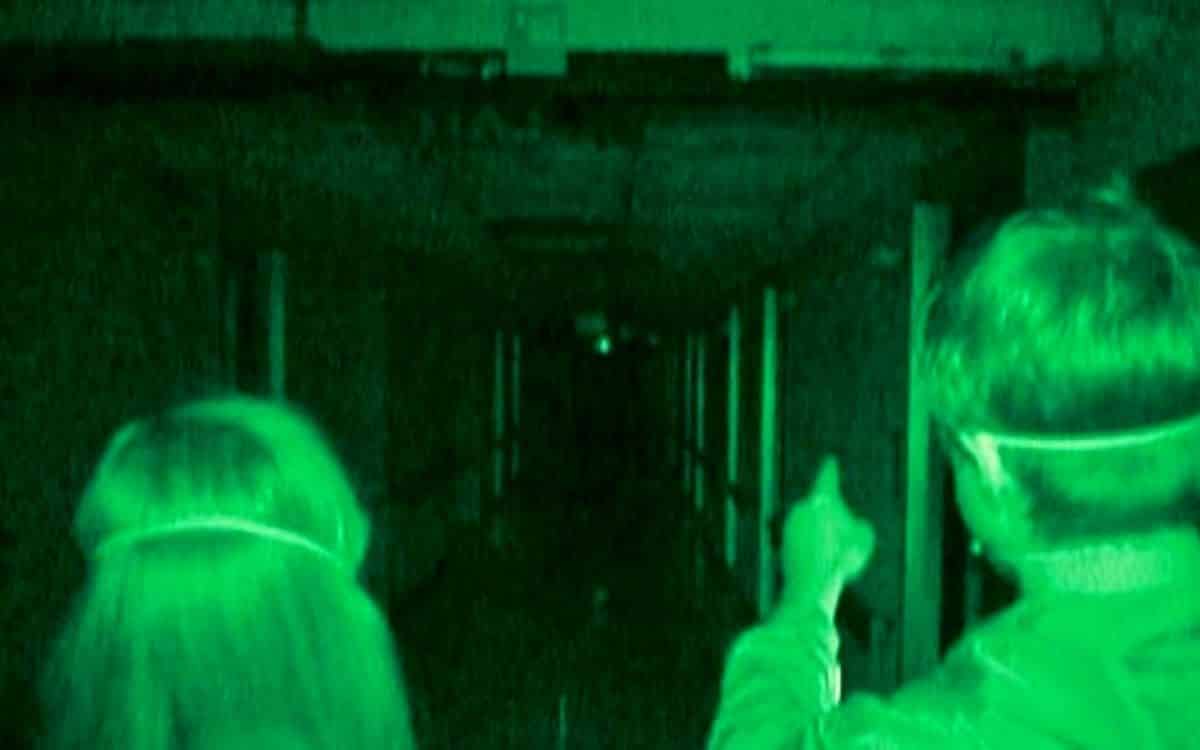
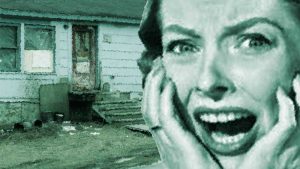
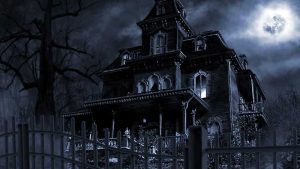
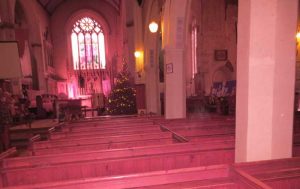
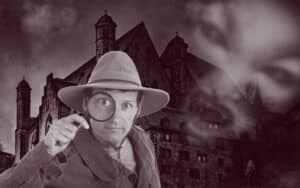

Great article!